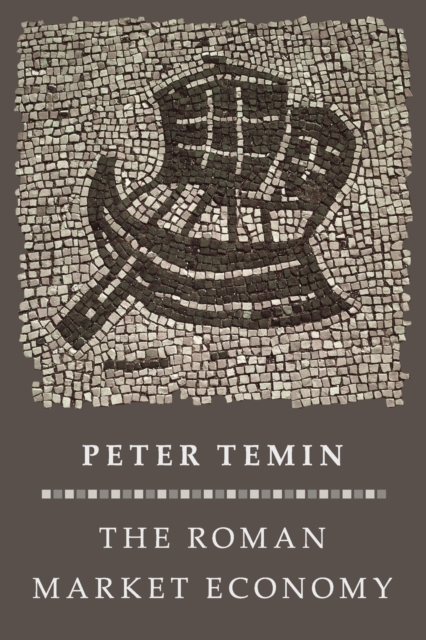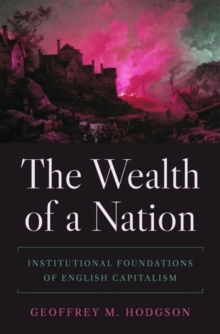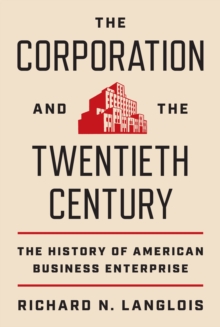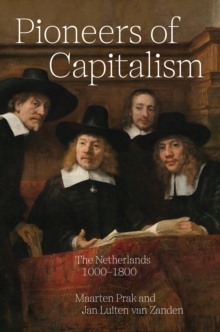
The Roman Market Economy Paperback / softback
by Peter Temin
Part of the The Princeton Economic History of the Western World series
Paperback / softback
Description
The quality of life for ordinary Roman citizens at the height of the Roman Empire probably was better than that of any other large group of people living before the Industrial Revolution.
The Roman Market Economy uses the tools of modern economics to show how trade, markets, and the Pax Romana were critical to ancient Rome's prosperity.
Peter Temin, one of the world's foremost economic historians, argues that markets dominated the Roman economy.
He traces how the Pax Romana encouraged trade around the Mediterranean, and how Roman law promoted commerce and banking.
Temin shows that a reasonably vibrant market for wheat extended throughout the empire, and suggests that the Antonine Plague may have been responsible for turning the stable prices of the early empire into the persistent inflation of the late.
He vividly describes how various markets operated in Roman times, from commodities and slaves to the buying and selling of land.
Applying modern methods for evaluating economic growth to data culled from historical sources, Temin argues that Roman Italy in the second century was as prosperous as the Dutch Republic in its golden age of the seventeenth century. The Roman Market Economy reveals how economics can help us understand how the Roman Empire could have ruled seventy million people and endured for centuries.
Information
-
Only a few left - usually despatched within 24 hours
- Format:Paperback / softback
- Pages:320 pages
- Publisher:Princeton University Press
- Publication Date:05/09/2017
- Category:
- ISBN:9780691177946
£28.00
£24.35
Information
-
Only a few left - usually despatched within 24 hours
- Format:Paperback / softback
- Pages:320 pages
- Publisher:Princeton University Press
- Publication Date:05/09/2017
- Category:
- ISBN:9780691177946










